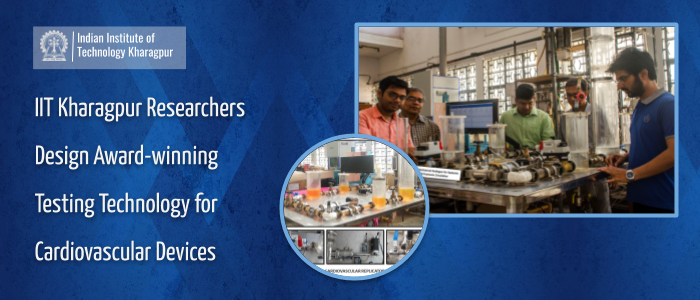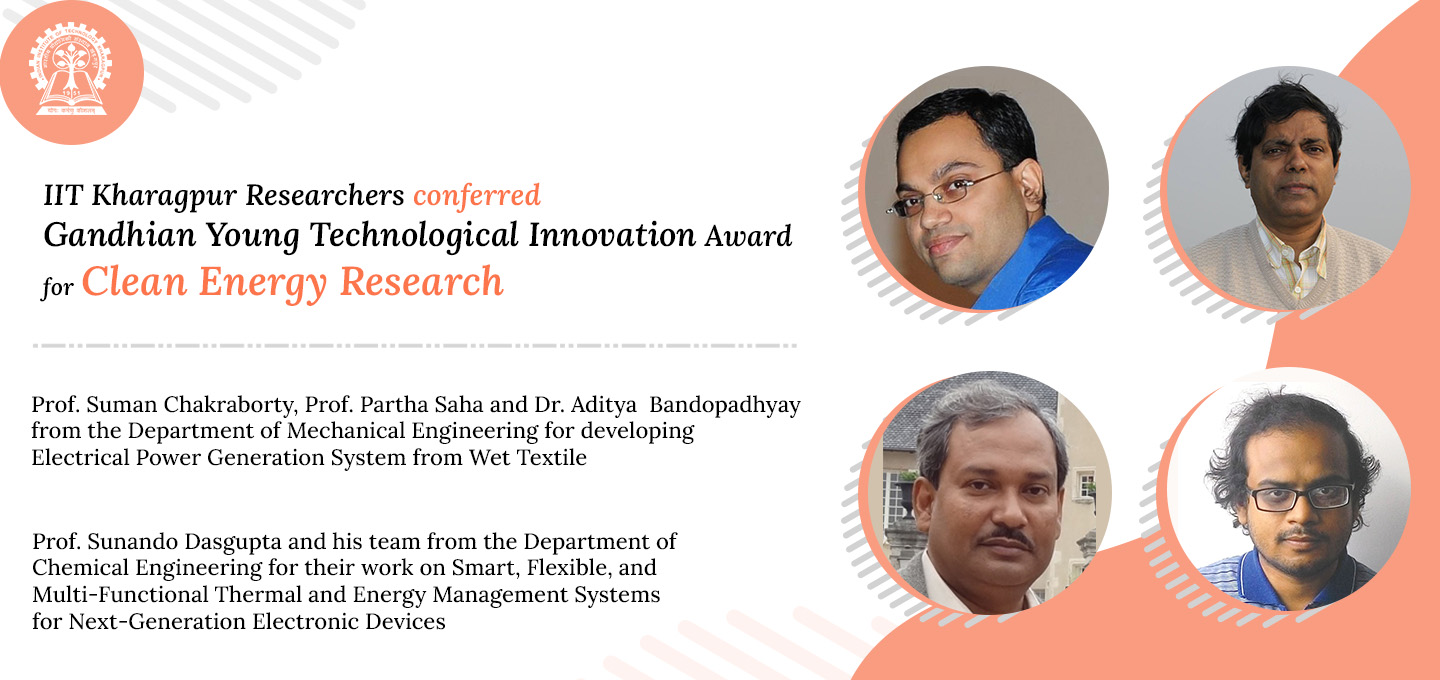
IIT KGP Researchers Design Award-winning for Cardiovascular Device Testing Technology
Researchers from IIT Kharagpur have designed an automated smart device for online testing of cardiac medical devices and prosthetics. The device is capable of creating life-like simulations in cardiac failure cases due to various diseases and tests the performance of implantable devices and prosthetics such as Ventricular assist devices. The World Health Organization reported 17.9 million deaths in 2016 from cardiovascular diseases (CVD) accounting for about 31% of global deaths. In India, over 28% of the deaths are due to CVD in 2016 according to a study published in 2018. According to the business intelligence company Fior Markets, the global…

